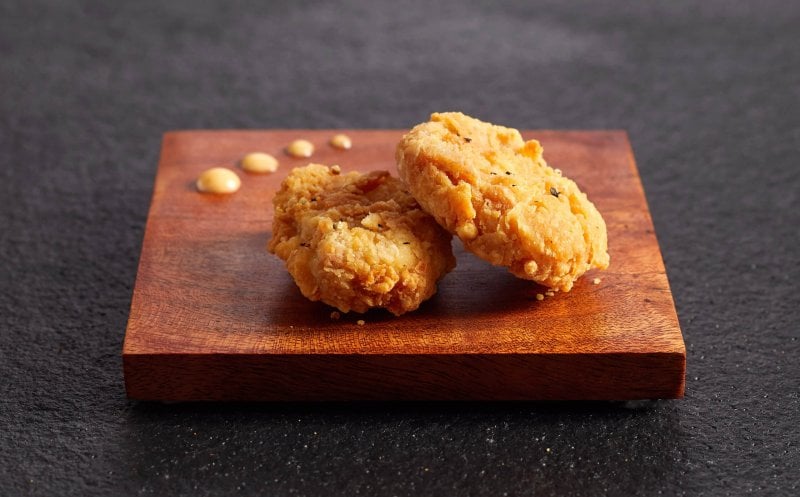So called “chicken bites”, produced by the U.S. company Eat Just, have passed a safety review by the Singapore Food Agency and the approval could open the door to a future when large shares of meat are produced without the killing of livestock, the company said.
Dozens of firms are developing cultivated chicken, beef and pork and claim to be slashing the impact of industrial livestock production on the global climate crises, as well as providing imitation meat products claimed to be “cleaner, drug-free and cruelty-free.”
The cells for Eat Just’s product are grown in a 1,200-litre bioreactor and then combined with plant-based ingredients. Initial availability will be limited, the company says, and the bites will be offered in a restaurant in Singapore. The product will be significantly more expensive than conventional chicken until production is scaled up, but Eat Just claims it will “ultimately be cheaper.”
The cells used to start the process came from a cell bank and did not require the slaughter of live chickens. The nutrients supplied to the growing cells were all from plants.































